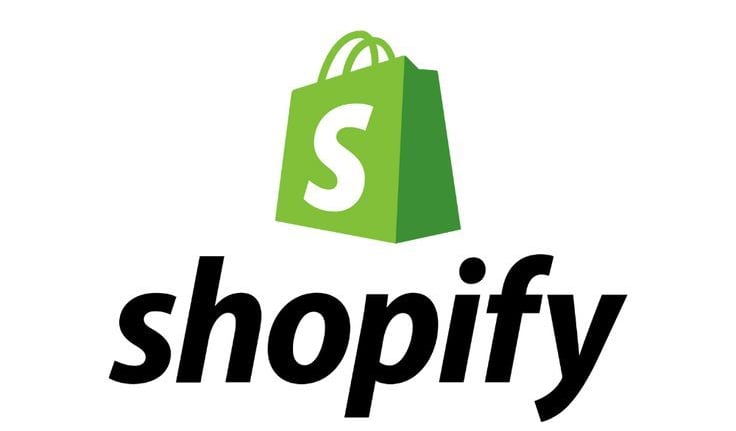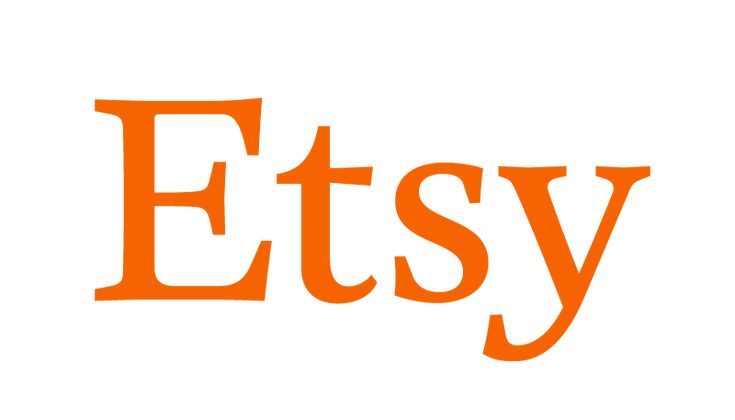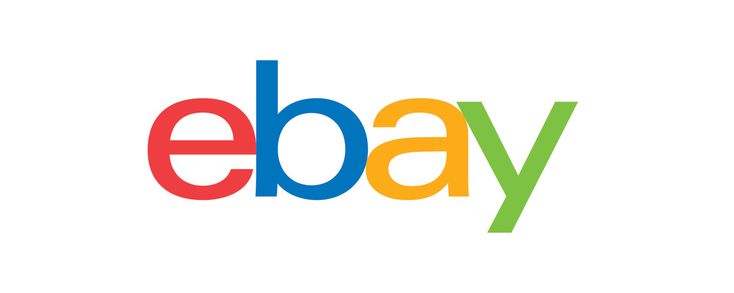Which platform should we choose to do e-commerce?
Choosing the right e-commerce platform depends on various factors, including your business goals, budget, technical expertise, and specific needs.
E-COMMERCE
Digiwynd
7/21/20242 min read


Which platform should we choose to do e-commerce?
Choosing the right e-commerce platform depends on various factors, including your business goals, budget, technical expertise, and specific needs.Absolutely, selecting the right e-commerce platform involves evaluating several key factors to ensure it aligns with your business goals and requirements.


Ease of Use
Explanation: Look for a platform that is user-friendly and easy to navigate. It should have an intuitive interface for setting up and managing your online store, even if you don’t have extensive technical knowledge.


Customization and Flexibility
Explanation: Choose a platform that offers customization options to tailor your store to your brand’s unique needs. This includes the ability to modify design templates, add custom features, and integrate with other tools or applications.


Cost
Explanation: Evaluate the cost of the platform, including setup fees, monthly subscription costs, transaction fees, and any additional expenses for add-ons or customizations. Choose a platform that fits your budget while meeting your needs.


Features and Functionality
Explanation: Ensure the platform provides essential e-commerce features such as product management, shopping cart functionality, secure payment gateways, and order processing. Additionally, look for features that align with your business requirements, like multi-channel selling or subscription services.


Security
Explanation: Choose a platform that provides robust security features to protect your customers’ personal and payment information. Look for platforms with SSL certificates, secure payment gateways, and regular security updates.


Support and Community
Explanation: Reliable customer support is important for resolving issues and getting assistance when needed. Additionally, a strong user community or extensive documentation can provide valuable resources and guidance.


SEO and Marketing Tools
Explanation: The platform should offer built-in SEO features and marketing tools to help drive traffic to your store and improve search engine rankings. Features like meta tags, sitemaps, and social media integration can enhance your online visibility.












